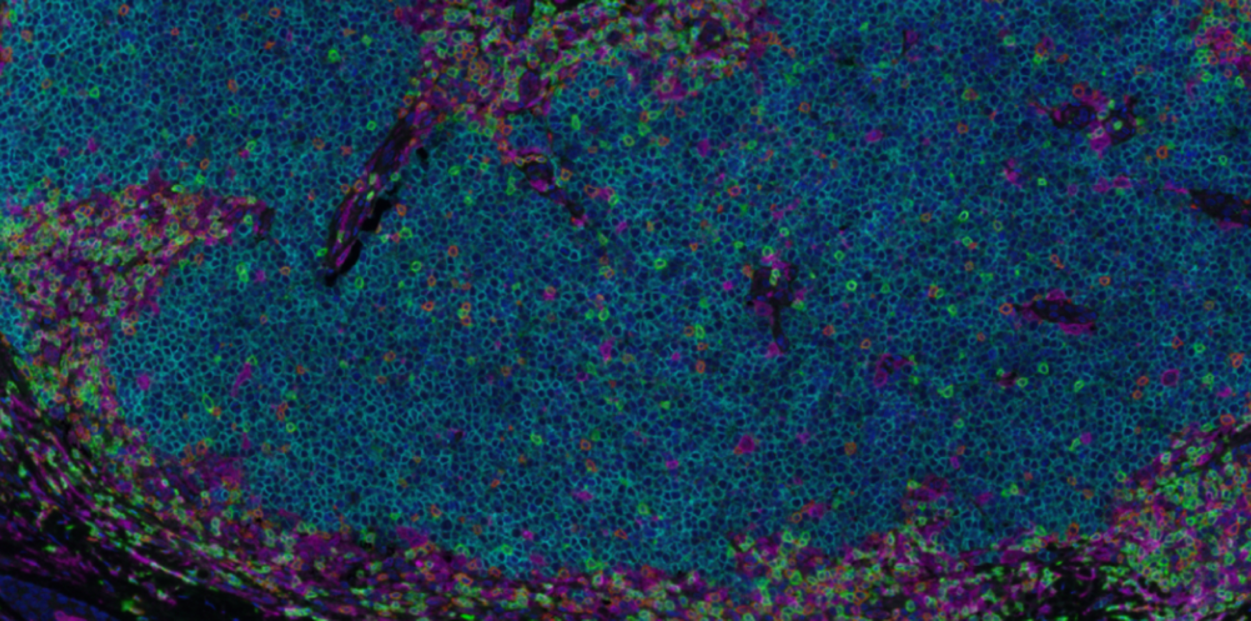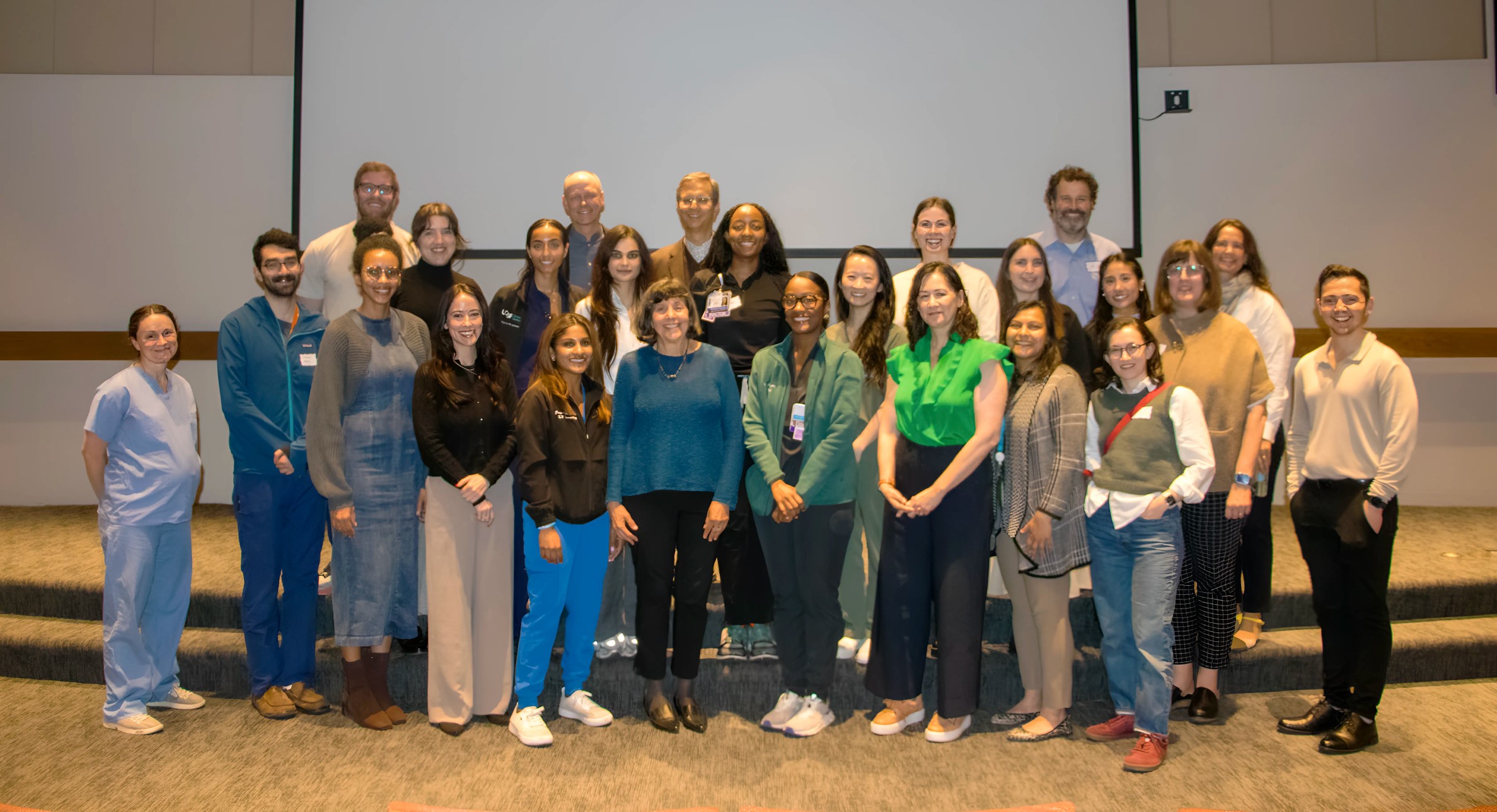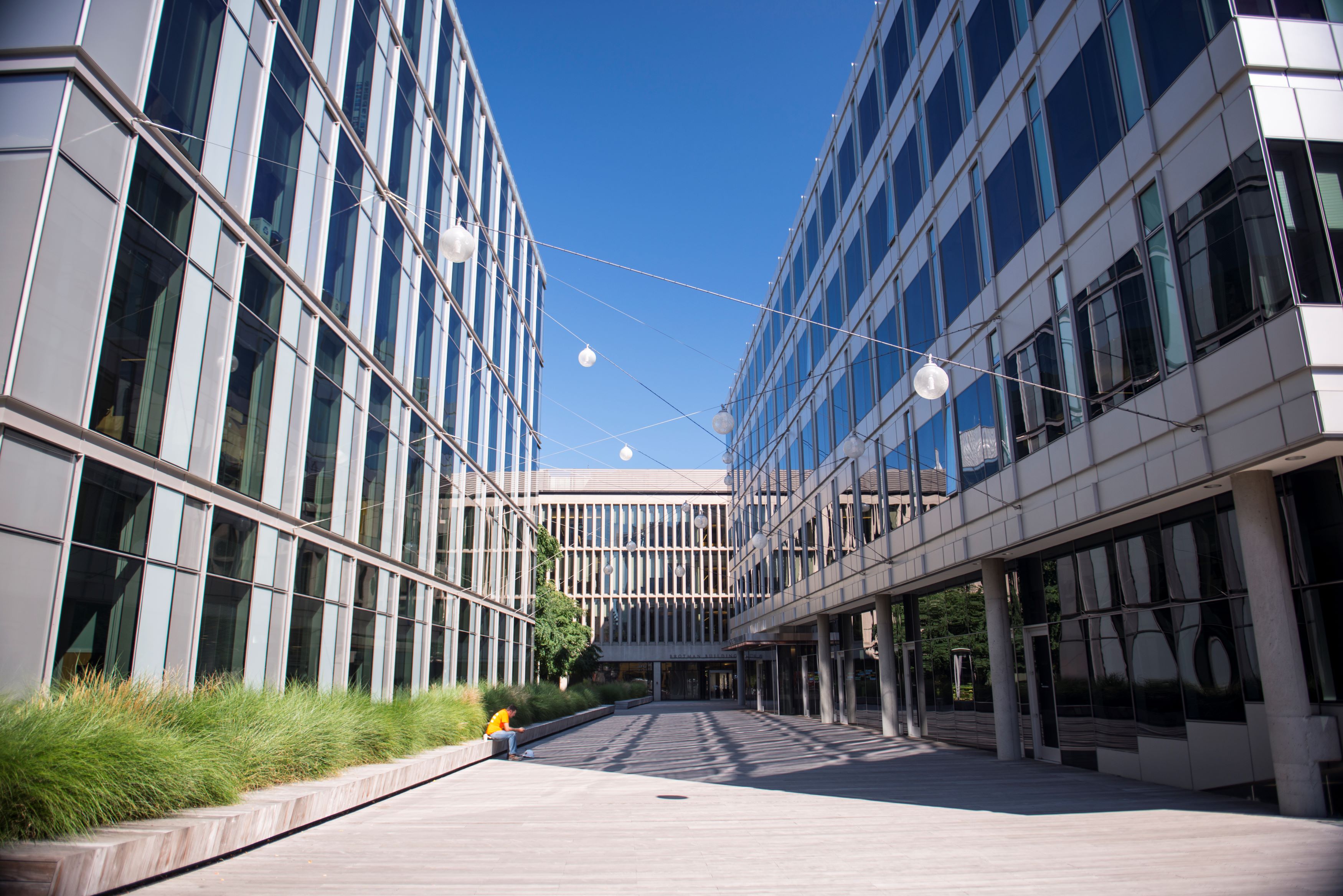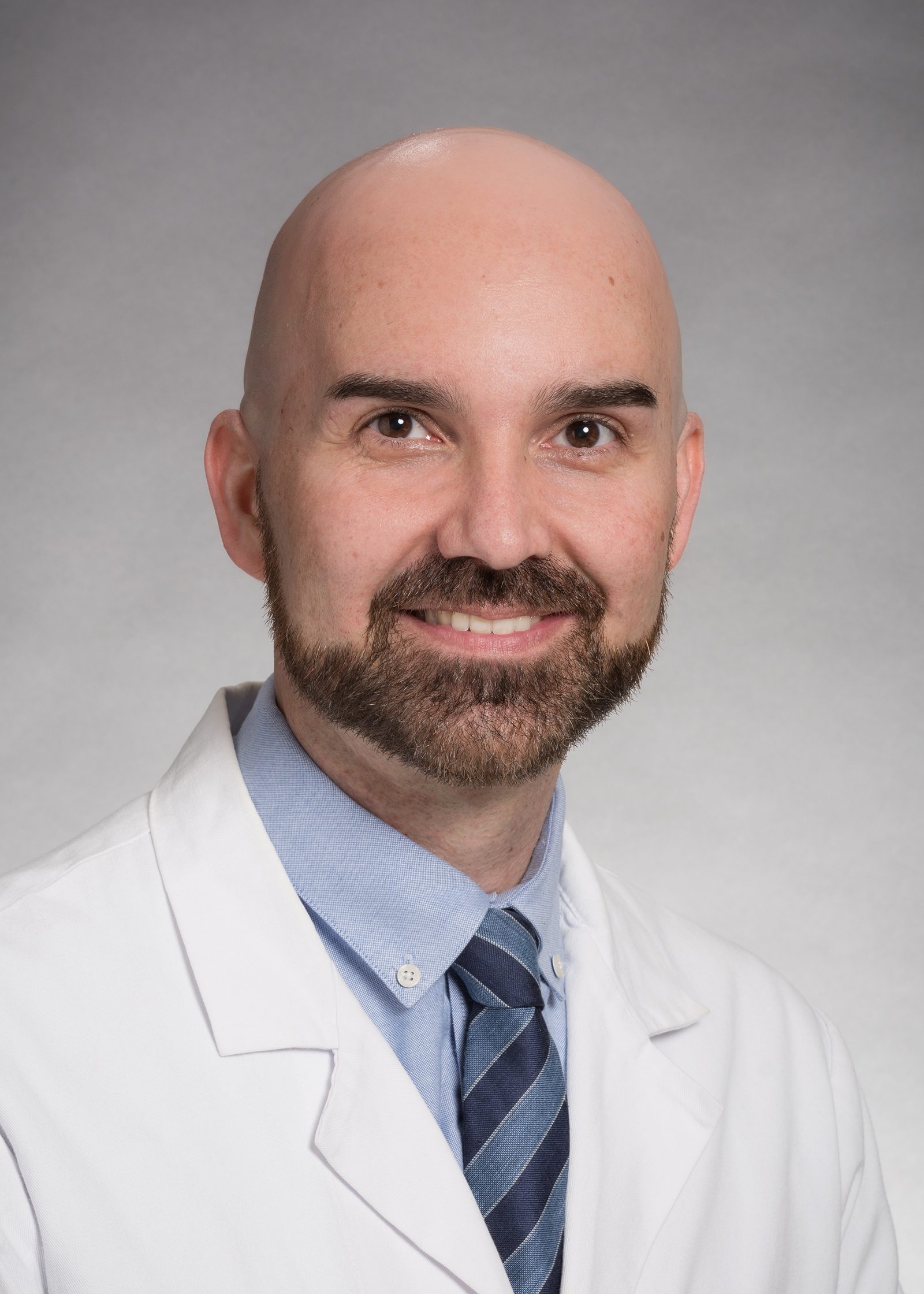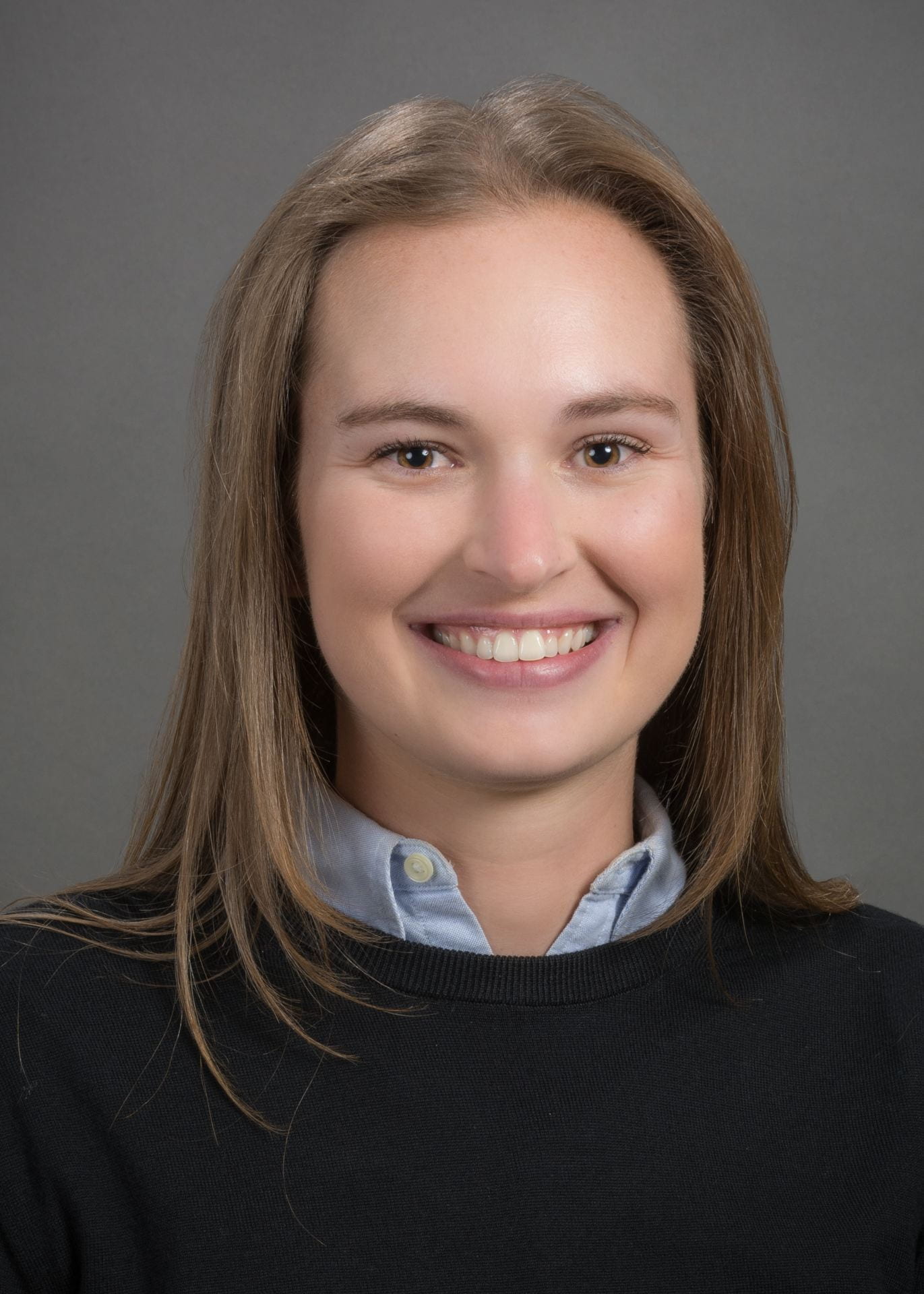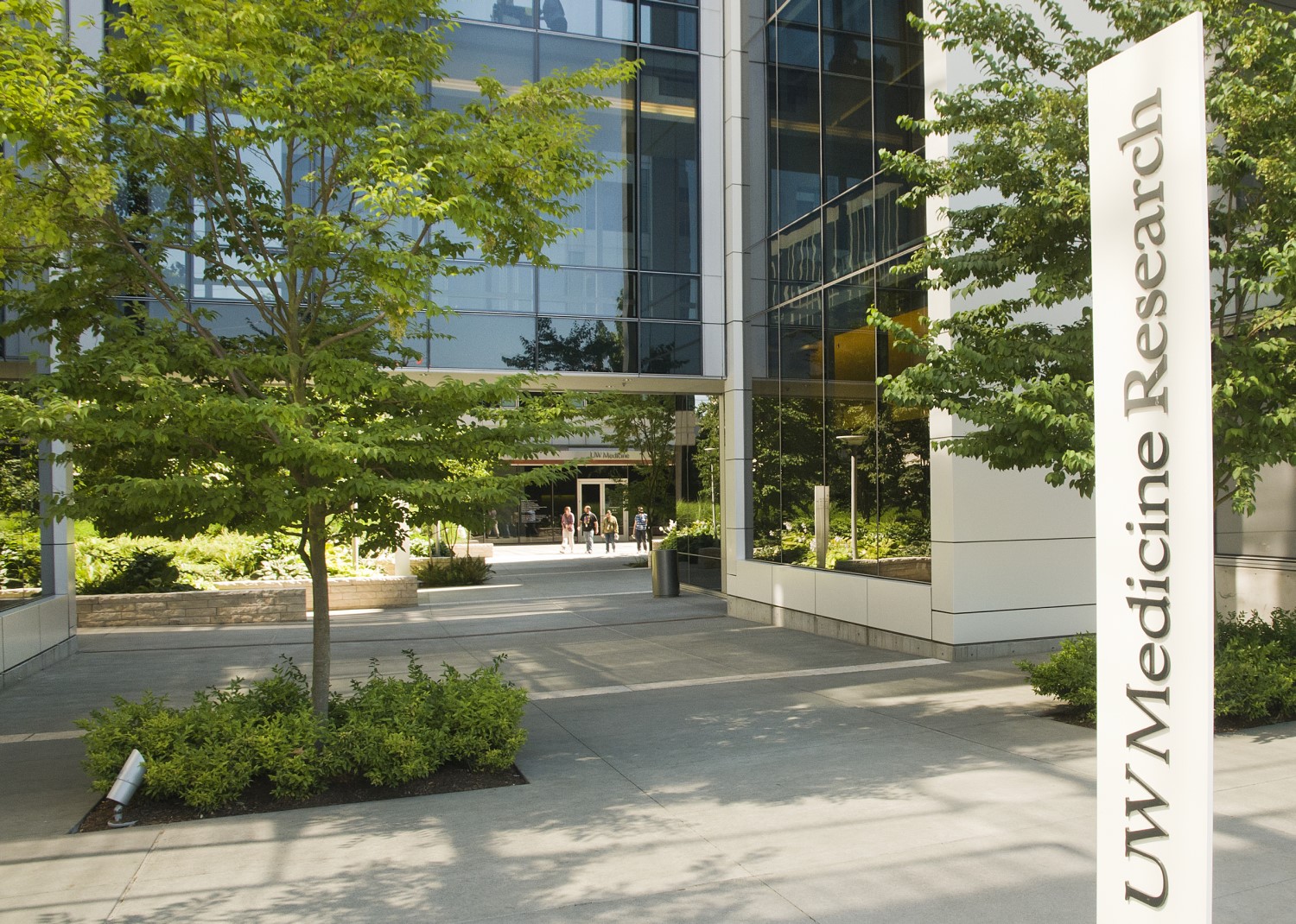
Rashmi Bhakuni Joins UW Dermatology Faculty

Please join us in congratulating Rashmi Bhakuni, PhD, (she/her/hers) on her new role as an Acting Instructor and translational scientist based at the laboratory of Dr. Paul Nghiem and the newly established Merkel Cell Carcinoma Collaborative (MC3) Institute.
 Since 2020, Dr. Bhakuni has made significant contributions as a Postdoctoral Scholar in the Nghiem Lab, specializing in the study of Merkel cell carcinoma and other rare, aggressive skin cancers.
Since 2020, Dr. Bhakuni has made significant contributions as a Postdoctoral Scholar in the Nghiem Lab, specializing in the study of Merkel cell carcinoma and other rare, aggressive skin cancers.
As an Acting Instructor, Dr. Bhakuni will lead translational studies on targeted ATR inhibition in Merkel cell carcinoma, oversee the administration of the multi-institutional NCI-sponsored MATRiX trial as a translational principal investigator (PI), and develop proposals for additional funding for MCC research.
Dr. Bhakuni’s research interests involve studying relevant molecular mechanisms that can be leveraged to benefit MCC patients with advanced disease who do not respond to FDA-approved immunotherapy drugs.
Dr. Bhakuni joins us after serving five years as a Postdoctoral Scholar in the Nghiem Lab, where she played a pivotal role in the trial design and preclinical work of the NCI-sponsored Phase II MATRiX trial. She has extensive experience in grant writing and was a major contributor to the currently pending NIH/NCI P01 submission. Dr. Bhakuni is an accomplished academic scholar with a total of 8 publications in peer-reviewed journals, including 4 first author publications.
Biography
Originally from New Delhi, India, Dr. Bhakuni earned a Bachelor of Science in Life Sciences from the University of Delhi in 2010, followed by a Master of Science in Microbiology from Kumaun University, Nainital, in 2012. She completed her PhD in Biological Engineering from the Indian Institute of Technology in 2019, where her thesis focused on the molecular investigation of ATR and NFBD1 as therapeutic targets in cancer. Dr. Bhakuni and her team were awarded a patent by the Patent Office, Government of India, for their research.
While conducting her doctoral research on ATR protein, she came across Dr. Nghiem’s groundbreaking work on ATR biology happening halfway across the world. This discovery opened the door to an exciting opportunity, as Dr. Nghiem soon welcomed Dr. Bhakuni as a mentee, bringing her over 11,000 miles to further her research in the Nghiem Lab.
Outside of work, Dr. Bhakuni enjoys dancing, listening to music, cooking, watching documentaries, and taking refreshing walks.
Dr. Bhakuni has been an invaluable asset to our lab, consistently demonstrating enthusiasm, collaboration, and a readiness to take on new projects.
We look forward to her continued contributions to our department and her impact on advancing the study and treatment of Merkel cell carcinoma.



